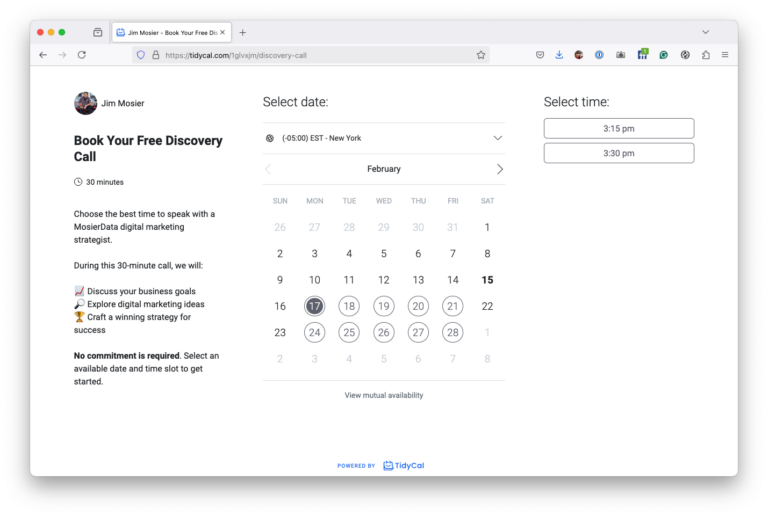Search engine optimization (SEO) and pay per click (PPC) have rapidly developed over
 the past decade. Many wonder what is in store for the future. SEO has become increasingly important over time and its fate will be intertwined with the dynamics of search algorithms. As search engines do more to educate both clients and their web developers about best practices, the industry could possibly shrink. As SEO is simplified, there is the chance that it will require less strategy yet it will never be completely eliminated.
the past decade. Many wonder what is in store for the future. SEO has become increasingly important over time and its fate will be intertwined with the dynamics of search algorithms. As search engines do more to educate both clients and their web developers about best practices, the industry could possibly shrink. As SEO is simplified, there is the chance that it will require less strategy yet it will never be completely eliminated.
There will always be a market for SEO experts to help clients in their quest for best practices. SEOs will choose keywords in a broader manner due to the loss of precise match keyword research in AdWords. Sine there is an ever growing sphere of content marketing, it will likely become much more difficult to stand out with solely a content oriented strategy. SEOs will also will utilize amplification to expand the reach of content to larger audiences.
PPC has the potential to expand in ways that most haven’t considered. As the mouse is eventually phased out, pay per click could turn into pay per gaze and possibly even something as wild as pay per emotion. Consider the impact of devices like Google Glass. Google has patented an ad system for the technology called pay per gaze. This allows advertisers to pay based on how frequently people wearing Google Glass look at their advertisements. It works with a special eye tracking device. Sensors determine when pupils are pointed in specific directions and how long they remain there.
Most experts believe that PPC ads that appear towards the top of general searches will increase in value. This is known as placement “above the fold”. It is becoming increasingly important for PPC ads to appear above the fold, especially considering how narrowly focused ad placement has become. The trend will likely continue in the future. Many also think that the cost of PPC will increase dramatically over time. Clicks are becoming more expensive as the Internet continues to grow in popularity. Advertisers will likely no longer be able to bid on thousands of keywords just to test them out. It will be far too expensive. Instead, they’ll be forced to perform extensive keyword research to understand the intricacies of the market before running a PPC campaign.

